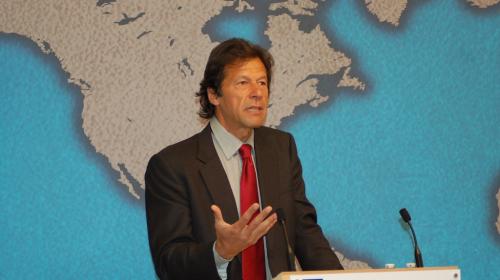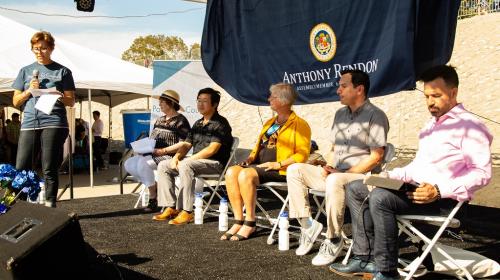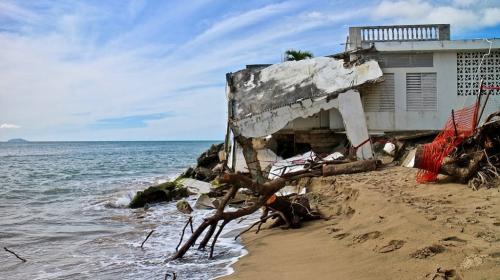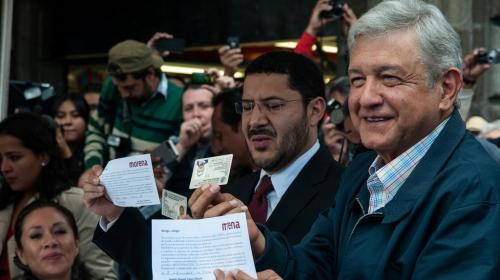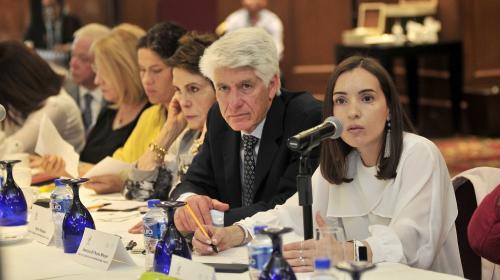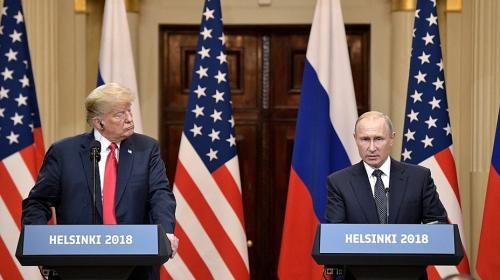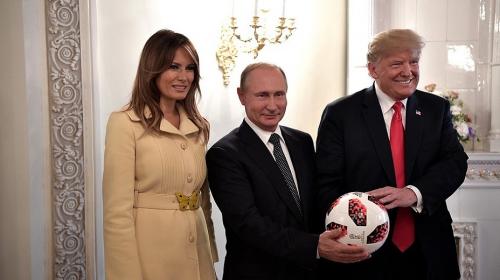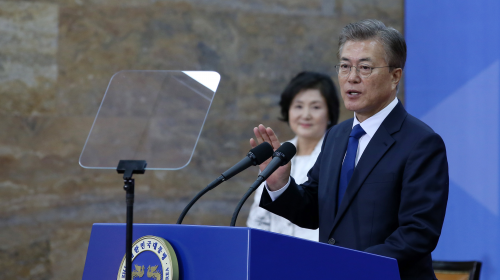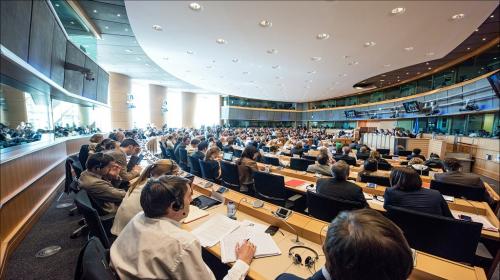This week, a former cricket star claims victory in Pakistan’s presidential election; Britain considers the consequences of a “no deal” Brexit; Los Angeles Mayor Eric Garcetti leads a trade mission to East Asia; and more.
Panelists described river revitalization efforts around the world in a discussion with Pacific Council members and community members as Los Angeles looks to transform the LA River.
To prepare for and respond to risks to coastal communities due to climate change, U.S. policymakers across all levels of government need sound, actionable evidence in support of critical decisions, write Alice C. Hill, Roger-Mark De Souza, Christopher B. Field, Katharine J. Mach, and Meaghan E. Parker.
The question for Mexican President-elect AMLO is whether he will use his political skills to carry out profound structural changes to economic growth or reinforce Mexico’s old authoritarian system, writes Luis Rubio.
As part of the Mexico Initiative, a Pacific Council delegation recently returned from Mexico City, where the group sought to understand the state of current U.S.-Mexican relations in meetings with prominent Mexican leaders from a variety of sectors.
This week, Presidents Trump and Putin hold a controversial summit in Helsinki; ISIL may be attempting resurgence in Iraq and Afghanistan; Japan and the EU sign a trade deal; and more.
Despite widespread outrage over President Trump’s performance at his summit with President Putin in Helsinki, Trump’s gambit is so far winning with his political base, writes DJ Peterson.
Asia is ready for India to step up as the United States withdraws, write Atman Trivedi and Amy Searight.
Washington and Seoul should continue to strive for transparent and routine discussions with North Korea about the future of the peninsula to avoid any misunderstandings, writes Derek Grossman following his recent visit to South Korea.
California will now be a major home to international arbitration following the passage of recent legislation, write Michael C. Kelley, Richard Chernick, and Howard B. Miller.


